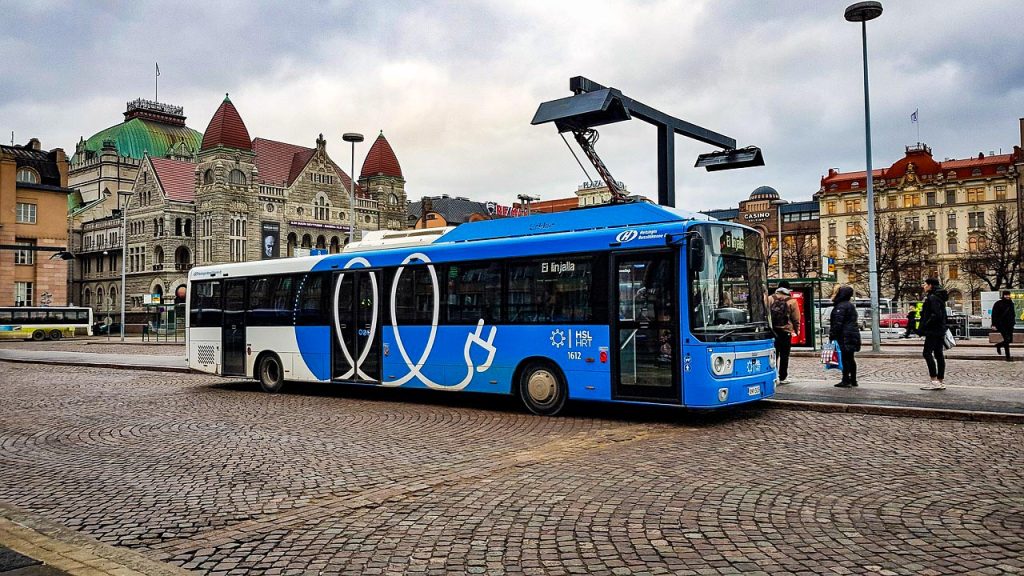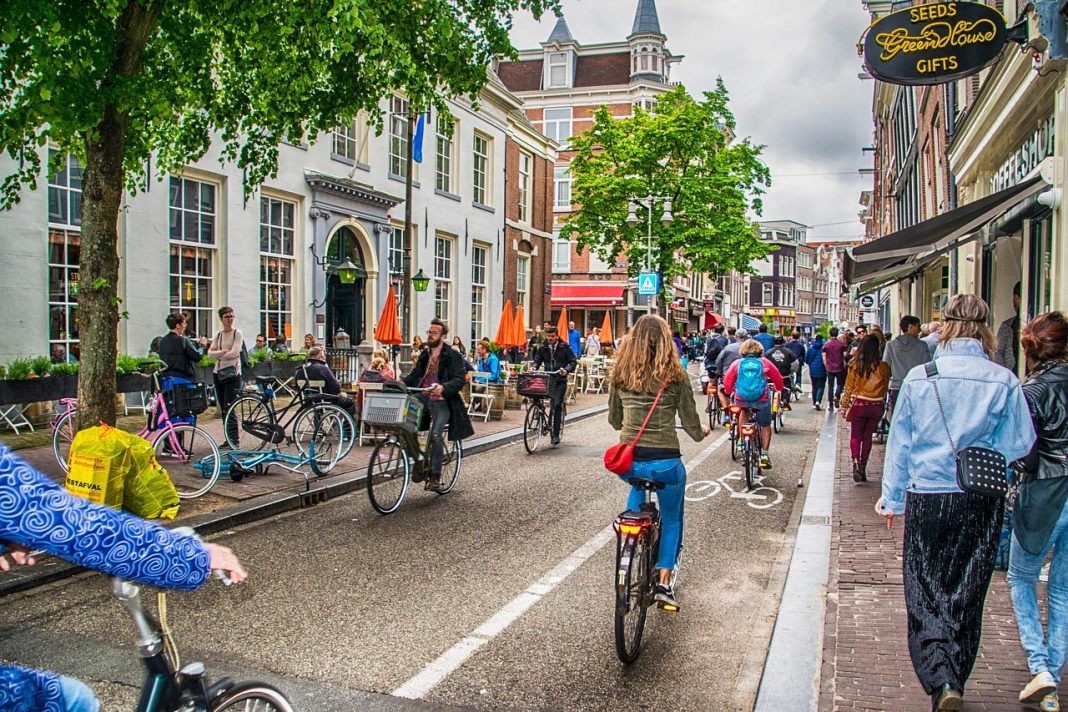Let’s be completely clear. The only problem that electric vehicles (EVs) resolve is the continued profitability of the vehicle-manufacturing industry. It is a solution created by the industry for the industry, which has no altruistic interest in saving the planet. This should hardly be a surprise; that industry is simply behaving as we would expect any business enterprise to behave.
But the vehicle-manufacturing industry is not switching its focus to EVs because they are better for the planet. We already know about their heavy reliance on rare earth and other metals, the mining of which is causing large-scale landscape destruction in mostly developing countries in Africa, South America, Asia, but also Australia. And while electric vehicles produce no tailpipe emissions, an EV has roughly double the production footprint of a typical internal-combustion-engine (ICE) vehicle.
The Hidden Cost of EVs
The real irony is that, even with significant global uptake, EVs will only reduce our reliance on fossil fuels by a modest proportion. Why? Because they operate in the same materials ‘ecosystem’: they are made from steel and plastic and are driven on roads. Steel is manufactured using fossil fuels (coal). Plastic is made from oil. Roads are made from bitumen (oil). Oil will still need to be extracted out of the ground to do all these things. (To hear more on this discussion, check out this podcast with energy and systems expert, Nate Hagens.)

But perhaps most damaging of all, EVs perpetuate the myth that we can ‘techno-optimise’ our way out of the global overshoot crisis, without changing the way we live our lives. This is the premise of green growth – the idea that we can continue to grow our economies, whether on a country or global scale, but decouple from carbon emissions and other environmental harm. This can be done, green growth advocates tell us, by increasing productivity and efficiency, moving to a more circular economy, and reducing waste.
However, the reality is very different: while relative and even absolute decoupling has been achieved in some countries for a period of time – though in many cases at least in part due to the ‘offshoring’ of carbon-intensive industries – this decoupling is not happening at anything close to the scale and speed required to keep warming within the 1.5°C limit. In fact, global emissions continue to go up year on year.
How Sustainable Are Electric Fleets?
There is another, not insignificant, problem though too, and that is that the uptake of EVs and decarbonisation of the transport system generally only makes sense if we are making electricity renewably, i.e., without the use of fossil fuels. But the much-promised energy transition is not happening at anywhere near the pace and scale required to combat emissions.
Yes, year on year, the amount of solar and wind energy generation (and consumption) is growing in relation to itself. But in relation to overall global energy consumption, it remains just a tiny sliver. As of 2020, solar and wind energy combined made up only 1.6% of all energy consumed globally. This is because just as quickly as the renewable energy expands, our overall consumption of energy grows.
Image credit: Our World in Data[i]
As the graph above so starkly shows, the transition to non-fossil fuel energy sources is not happening quickly enough to meet our climate goals. So hailing the advent of EVs as if they are some kind of silver bullet for transport emissions is misguided.
If we really want to decarbonise our transportation sector (and reduce environmental harm), EVs are not the answer. In fact they will only reinforce the car-dependent behaviour and approach to city-making that created the problem in the first place. A single-person occupancy car is the same in terms of the relative drain on public resources (building and maintenance of roads, road safety measures, etc) whether it is an EV or an ICE. In fact, due to their weight comparative to ICE vehicles, analysis suggests that they are likely to create significantly more damage to roads.
A Better Outlook for EVs in Cities
To address the emissions and high energy and resource demands of our transport system we must change the system: move away from car-centric towns and cities by investing properly in public transport and make active transport (walking, wheelchair use, and cycling) safe and enjoyable. There will also be a role for on-demand and shared vehicle mobility, which yes, will likely be electric – but our goal should not (and cannot) be the replacement of the entire ICE fleet with EVs.
But most importantly, we must shift the conversation. Rather than focusing on how to get people and stuff from A to B, we should be talking about how we can build future cities and towns that will meet people’s needs for ‘a good life’ within a 15 minute or so walk, cycle, or quick and easy public transport ride of people’s homes.

This means encouraging thriving local businesses, social enterprise, and sustainable industry that draws on local culture and indigeneity, and sustainable food production that capitalises on local climatic and soil conditions. Our current system of long, just-in-time supply chains not only clocks up lots of VKT (vehicle kilometres travelled) it also vastly reduces our resilience in the face of extreme weather events or other natural hazards as New Zealand and other countries have so brutally experienced in recent months.
Encouraging thriving localised economies is not about limiting freedoms – rather it is about increasing resilience, sufficiency, and connection with nature, place, and community – all the elements of a wellbeing economy. This should be our vision of the future – not more single-occupancy vehicles clogging up our roads.
This article was kindly written for CityChangers.org by Dr Catherine Knight, inspired by a LinkedIn post about climate solutions being too focused on ‘techno-optimisation’. Catherine is an Honorary Research Associate at the School of People, Environment and Planning, Massey University in Aotearoa New Zealand, and recently published her book, Nature and wellbeing in Aotearoa New Zealand.
[i] Hannah Ritchie, Pablo Rosado and Max Roser (2020) – “Energy Production and Consumption”. Published online at OurWorldInData.org. Retrieved from: ‘https://ourworldindata.org/energy-production-consumption‘ [Online Resource]

